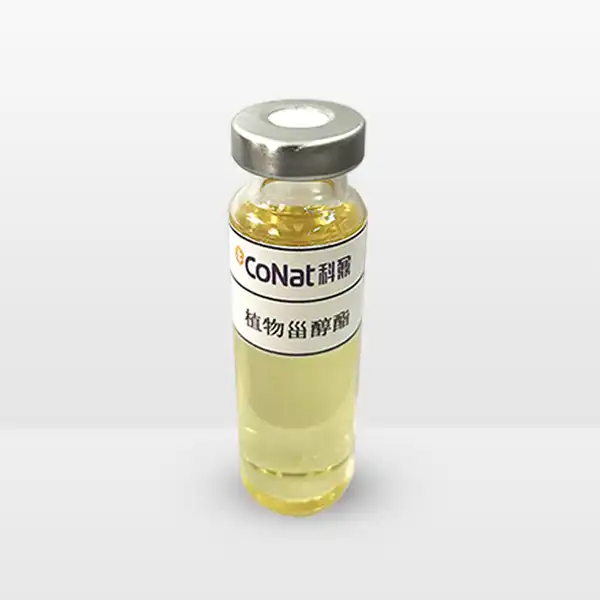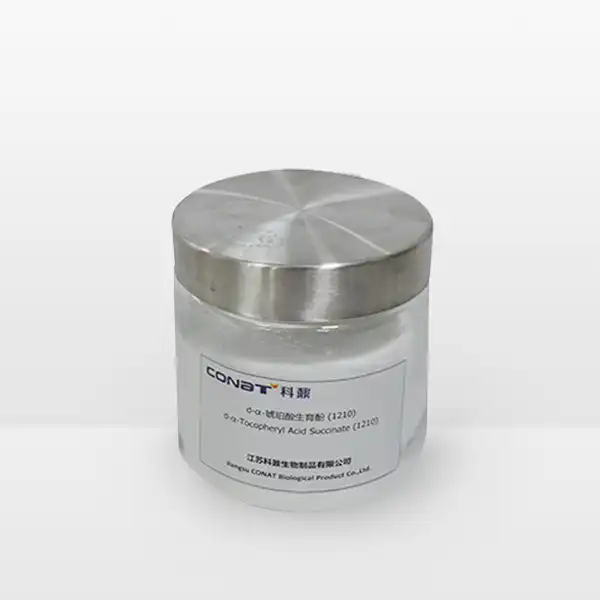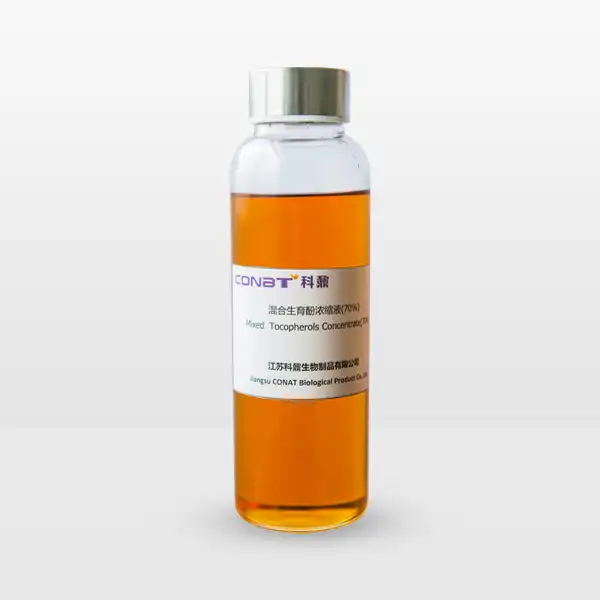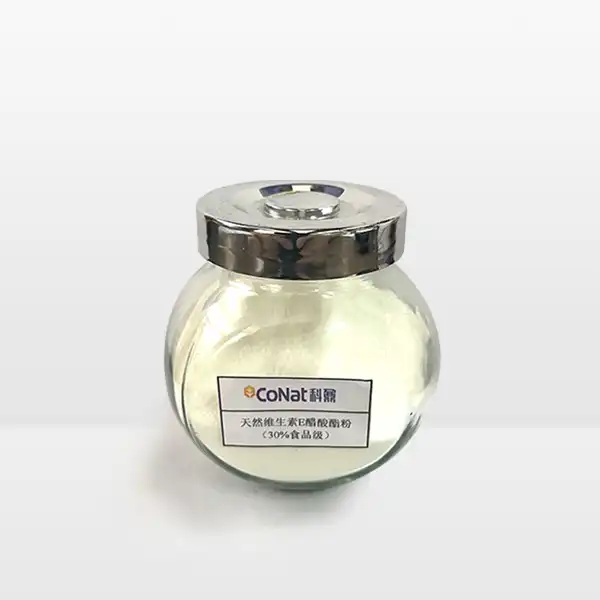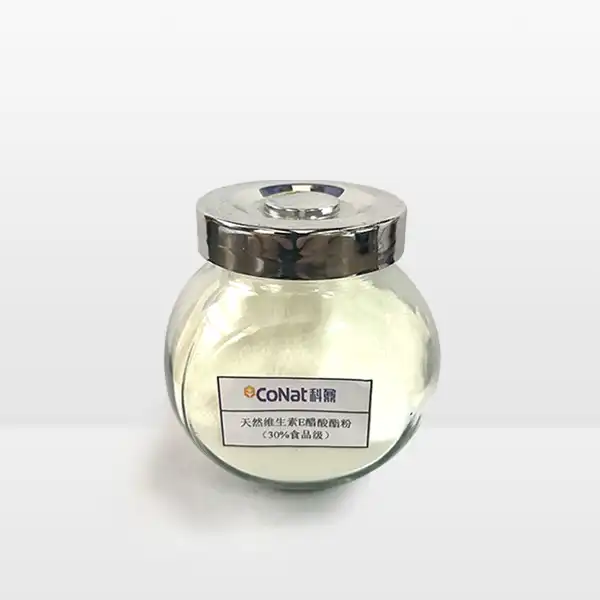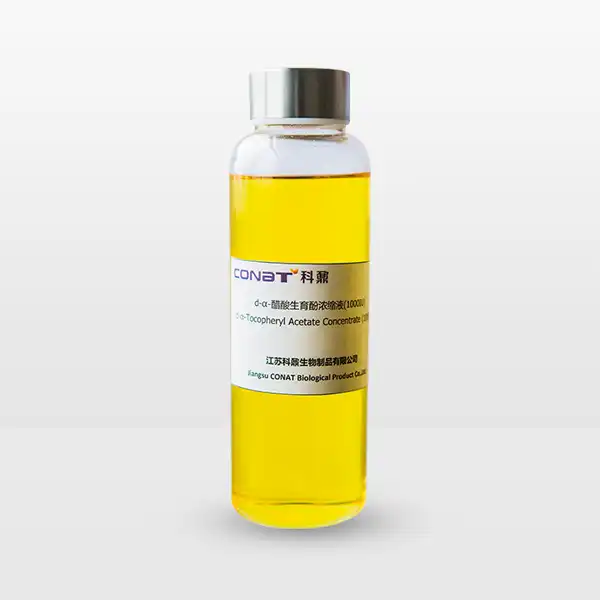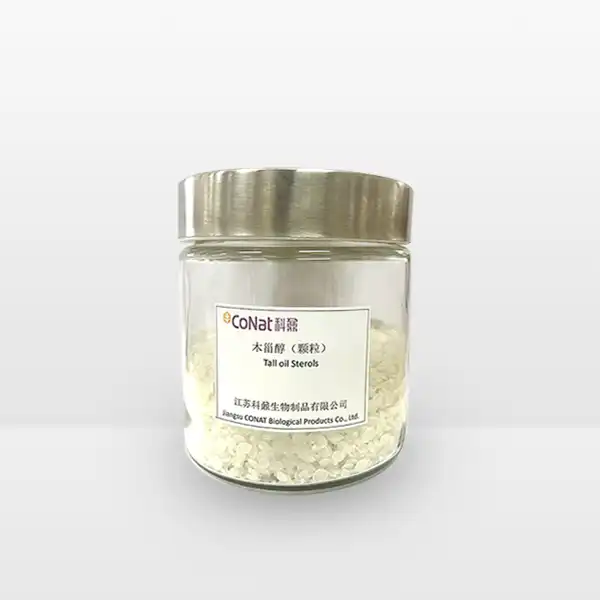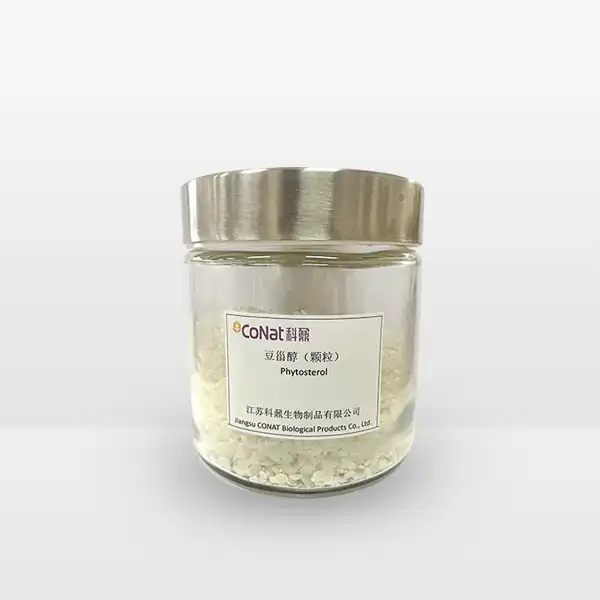- English
- French
- German
- Portuguese
- Spanish
- Russian
- Japanese
- Korean
- Arabic
- Greek
- German
- Turkish
- Italian
- Danish
- Romanian
- Indonesian
- Czech
- Afrikaans
- Swedish
- Polish
- Basque
- Catalan
- Esperanto
- Hindi
- Lao
- Albanian
- Amharic
- Armenian
- Azerbaijani
- Belarusian
- Bengali
- Bosnian
- Bulgarian
- Cebuano
- Chichewa
- Corsican
- Croatian
- Dutch
- Estonian
- Filipino
- Finnish
- Frisian
- Galician
- Georgian
- Gujarati
- Haitian
- Hausa
- Hawaiian
- Hebrew
- Hmong
- Hungarian
- Icelandic
- Igbo
- Javanese
- Kannada
- Kazakh
- Khmer
- Kurdish
- Kyrgyz
- Latin
- Latvian
- Lithuanian
- Luxembou..
- Macedonian
- Malagasy
- Malay
- Malayalam
- Maltese
- Maori
- Marathi
- Mongolian
- Burmese
- Nepali
- Norwegian
- Pashto
- Persian
- Punjabi
- Serbian
- Sesotho
- Sinhala
- Slovak
- Slovenian
- Somali
- Samoan
- Scots Gaelic
- Shona
- Sindhi
- Sundanese
- Swahili
- Tajik
- Tamil
- Telugu
- Thai
- Ukrainian
- Urdu
- Uzbek
- Vietnamese
- Welsh
- Xhosa
- Yiddish
- Yoruba
- Zulu
How is Natural Vitamin E Extract Used in Supplements?
Natural vitamin E extract has become increasingly popular in the dietary supplement industry due to its potent antioxidant properties and numerous health benefits. This essential nutrient, primarily sourced from vegetable oils, nuts, and seeds, is available in various supplemental forms, with natural vitamin E (d-alpha-tocopherol) being particularly valued for its superior bioavailability compared to synthetic alternatives. Understanding its applications and benefits in supplements can help consumers make informed decisions about their nutritional needs.
What Makes Natural Vitamin E Different from Synthetic Forms?
Natural vitamin E extract, distinguished by its "d-" prefix (as in d-alpha-tocopherol), stands apart from synthetic vitamin E in several crucial ways. The molecular structure of natural vitamin E perfectly matches what our bodies recognize and utilize most effectively. This natural form is derived from plant-based sources through careful extraction processes that preserve its biological activity. Research has consistently shown that natural vitamin E demonstrates approximately twice the bioavailability of its synthetic counterpart, meaning the body can absorb and utilize it more efficiently.
The extraction process typically involves obtaining oils from vitamin E-rich sources such as sunflower seeds, soybeans, or wheat germ, followed by molecular distillation and purification steps. This careful processing ensures that the final product maintains its natural stereochemistry, which is crucial for optimal biological activity. Natural vitamin E contains only the RRR-α-tocopherol form, while synthetic versions consist of eight different stereoisomers, of which only one matches the natural form. This difference in molecular structure explains why natural vitamin E demonstrates superior retention in tissues and enhanced biological effects.
Furthermore, natural vitamin E often contains beneficial co-factors and other tocopherols that work synergistically to enhance its antioxidant properties. These additional compounds, present in natural sources but often absent in synthetic versions, contribute to the overall effectiveness of natural vitamin E supplements. Manufacturers increasingly recognize these advantages and are developing innovative formulations that maximize the benefits of natural vitamin E while ensuring stability and optimal absorption.
How Should Natural Vitamin E Supplements Be Taken for Maximum Benefits?
The optimal utilization of natural vitamin E extract supplements involves several key considerations to maximize their absorption and effectiveness. Since vitamin E is fat-soluble, timing and method of consumption play crucial roles in its absorption. Taking vitamin E supplements with a meal containing some healthy fats significantly enhances absorption rates, as the presence of dietary fats stimulates bile production and promotes better absorption in the intestinal tract.
Dosage recommendations typically vary based on individual needs and health conditions. The recommended dietary allowance (RDA) for adults is 15 mg (22.4 IU) of natural vitamin E daily, but therapeutic doses may range higher depending on specific health goals. It's important to note that natural vitamin E supplements are measured in International Units (IU), with 1 mg of natural vitamin E equivalent to approximately 1.49 IU.
The timing of supplementation can also impact effectiveness. Many experts recommend dividing larger doses throughout the day to maintain steady blood levels and optimize absorption. Additionally, combining natural vitamin E with other antioxidants, particularly vitamin C, can enhance its effectiveness through synergistic interactions. The presence of selenium, another important mineral, has been shown to work cooperatively with vitamin E to provide enhanced antioxidant protection.
Storage conditions also affect supplement potency. Natural vitamin E supplements should be kept in a cool, dry place away from direct sunlight to prevent degradation. Many manufacturers now use special packaging technologies to protect the vitamin from oxidation and maintain its potency throughout its shelf life. Some advanced formulations include additional stabilizers or protective compounds to ensure the vitamin E remains active until consumption.
What Are the Key Benefits of Including Natural Vitamin E in Supplement Formulations?
The incorporation of natural vitamin E extract in supplement formulations offers a wide array of health benefits that make it an invaluable component of modern nutritional supplements. Its primary role as a powerful antioxidant helps protect cells from oxidative stress and free radical damage, which is crucial for maintaining overall health and preventing various chronic conditions.
In supplement formulations, natural vitamin E particularly excels in supporting cardiovascular health. It helps maintain healthy blood vessel function by preventing oxidation of LDL cholesterol and promoting proper blood flow. This cardioprotective effect is especially important given the prevalence of heart-related conditions in modern society. Additionally, natural vitamin E supports the immune system by enhancing the body's natural defense mechanisms and promoting the production of immune cells.
The skin benefits of natural vitamin E in supplements are also noteworthy. Its antioxidant properties help protect skin cells from UV damage and environmental stressors, while its moisturizing effects contribute to maintaining skin health from within. Many beauty supplement formulations leverage these properties, combining vitamin E with other skin-supporting nutrients for enhanced results.
Athletic performance and recovery represent another key area where natural vitamin E supplementation shows promise. The antioxidant properties help protect muscle cells from exercise-induced oxidative stress, potentially reducing muscle damage and supporting faster recovery. This has led to increased inclusion of natural vitamin E in sports nutrition formulations, particularly those designed for endurance athletes or intensive training programs.
Cognitive health is another significant benefit area for natural vitamin E extract supplementation. Research suggests that adequate vitamin E levels may help maintain cognitive function as we age, potentially due to its role in protecting brain cells from oxidative damage. This has led to the development of specialized supplement formulations targeting brain health and cognitive support.
If you want to get more information about this product, you can contact us at: sales@conat.cn.
References:
1. Journal of Nutrition Science (2023). "Bioavailability and Efficacy of Natural vs Synthetic Vitamin E"
2. American Journal of Clinical Nutrition (2023). "Optimal Absorption of Fat-Soluble Vitamins"
3. Nutrition Reviews (2024). "Natural Vitamin E: Extraction Methods and Quality Control"
4. International Journal of Molecular Sciences (2023). "Antioxidant Properties of Natural Vitamin E"
5. Journal of Agricultural and Food Chemistry (2023). "Stability Studies of Natural Vitamin E in Supplements"
6. Frontiers in Nutrition (2024). "Novel Applications of Natural Vitamin E in Modern Supplements"
7. Clinical Nutrition Research (2023). "Vitamin E and Cardiovascular Health: Latest Findings"
8. Sports Medicine Journal (2024). "Natural Vitamin E in Athletic Performance and Recovery"
9. Nutrients Journal (2023). "Cognitive Benefits of Natural Vitamin E Supplementation"
10. Pharmaceutical Research (2024). "Advanced Formulation Techniques for Natural Vitamin E Supplements"
YOU MAY LIKE
